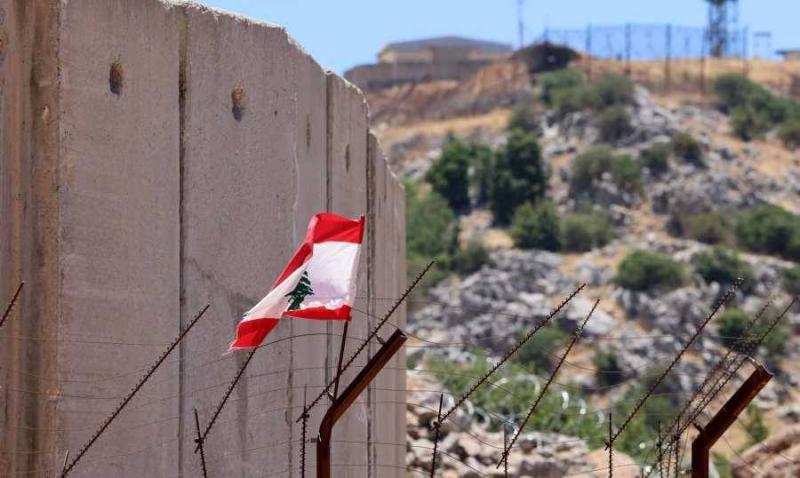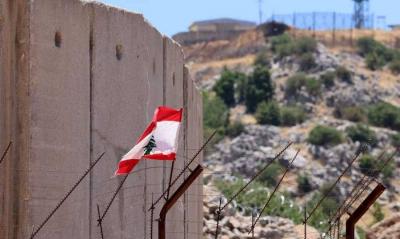Amid the American initiative to halt the war in Gaza and the ongoing escalation between Hezbollah and the Israeli army in Southern Lebanon, there are many political and diplomatic milestones this week that warrant attention in light of the attempts to forecast the upcoming phase. In a matter of hours and days, the direction of American efforts to achieve a ceasefire in the Gaza Strip is expected to be clarified, with intensified diplomatic efforts aimed at this, in addition to establishing calm on the Lebanese front. This is particularly evident following confirmation from U.S. envoy Amos Hochstein regarding the commitment to his initiative and that an agreement is nearly complete. In this context, a new development reported by the Israeli broadcasting authority indicates that U.S. intelligence chief William Burns is also working to establish a ceasefire in Lebanon as mentioned in "Al-Mudun."
**Reasons for Escalation**
However, the ground realities appear to be racing ahead of the political realities, with the observable escalation and the shift by Hezbollah and Israel to a new phase of fighting and confrontations, including expanding the scope of targets and intentionally inflicting direct casualties as a result of every strike, whether on sites, warehouses, residential buildings, or at the human level. This escalation has two interpretations: the first being that it could be the final escalation before a ceasefire, with each party seeking to demonstrate its military superiority. The second interpretation places the escalation in the context of a clear gradual increase in the intensity of confrontation, with the potential for it to expand further or evolve into a state of war.
However, sources close to diplomacy assert that the international decision, both European, American, and Iranian, remains consistent in principle, rejecting the transfer of the war to Lebanon and the expansion of the conflict. Furthermore, the pressures being exerted on the Israelis are increasing to prevent the situation in Southern Lebanon from deteriorating into a state of war, especially since Hezbollah has informed all relevant parties that any wide-scale war against it will not remain confined to Lebanese territory and could escalate into a regional war. The party gives numerous examples of solidarity from the resistance axis with Gaza and the opening of fronts. Therefore, matters with Lebanon will be more challenging for the Israelis and Americans in the region as a whole.
**Political and Diplomatic Timelines**
In an attempt to avoid any new wave of escalation, diplomatic and political movements are evident both internally and externally. Firstly, Lebanon is set for a visit today, Monday, from the first deputy Iranian foreign minister, Ali Bagheri Kani. The man is known for negotiating on the nuclear file and other issues. He has held direct meetings with American officials, clearly indicating that Tehran continues to insist on communication rather than confrontation. Kani's visit will be exploratory following his assuming his duties, and of a coordinating nature with allies, along with Iran's established political custom of periodically engaging with countries in which it has influence, based on the principle of not abandoning these grounds.
In contrast, U.S. Ambassador Lisa Johnson has departed for the United States to participate in meetings with Middle Eastern ambassadors. She will also hold meetings with the U.S. Congress to provide updates on the developments in Lebanon and the region and their implications for the Lebanese situation. Johnson's visit coincides with a visit that Army Commander Joseph Aoun will also make to the United States, where he will have a series of meetings with military officials and with Congress, in addition to other meetings, including a dinner organized for him with Lebanese and American figures that the U.S. ambassador will attend.
Some will interpret this visit as carrying many political signals, particularly regarding the timing and facts. As for timing, Lebanon awaits the reaching of a settlement concerning the election of a president. In terms of facts, the Lebanese army is directly involved in any solution that is expected to be reached in the south, regarding the introduction of more military and personnel reinforcements, and overseeing the implementation of Resolution 1701. Efforts for calming at the regional level are matched by efforts for calming at the internal level, through the initiative that the Democratic Gathering will present, which will begin a new political movement on Tuesday with a tour of various political forces and parliamentary blocs, aimed at reviving internal efforts to bring viewpoints closer regarding dialogue or consultation or discussion, to activate political discussions on ways to exit the crisis, and to accompany any agreement on a ceasefire, particularly amidst a conviction that at the moment of ceasefire and renewed negotiations for settling the situation in the south, the path for political and presidential resolution will open, according to "Al-Mudun."




